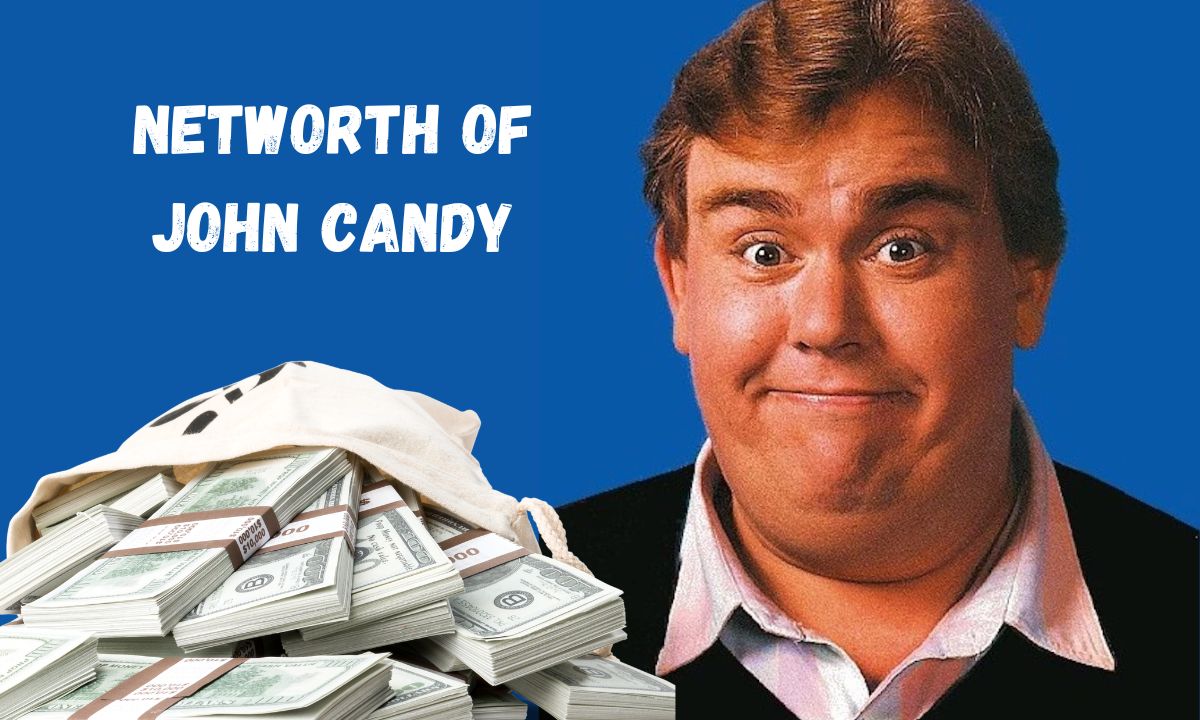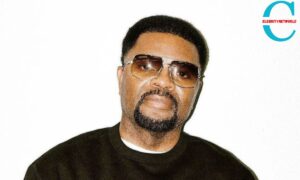John Candy, the beloved Canadian actor and comedian, had amassed a net worth of $15 million at the time of his death in 1994, equivalent to approximately $30 million in today’s dollars after adjusting for inflation.
Known for his infectious humor and memorable performances, Candy left an indelible mark on Hollywood despite his tragically short life.
Early Life and Family Background
Born on October 31, 1950, in Newmarket, Ontario, Canada, John Franklin Candy emerged from humble beginnings. Growing up in a working-class Catholic family, he faced early adversity when his father, Sidney James Candy, passed away from heart disease at just 35 years old.
This loss would significantly impact young John’s life and later career choices. His mother, Evangeline, worked tirelessly to support the family, instilling in John the strong work ethic that would later define his career.
Educational Journey and Early Aspirations
During his high school years at Neil McNeil Catholic High School in Toronto, Candy initially pursued athletics, particularly football. However, a knee injury forced him to redirect his aspirations.
He began his post-secondary education studying journalism at Centennial College before transferring to McMaster University, where he discovered his true calling in acting through extracurricular activities. This period of transition would prove crucial in shaping his future entertainment career.
The Second City Years and Television Breakthrough
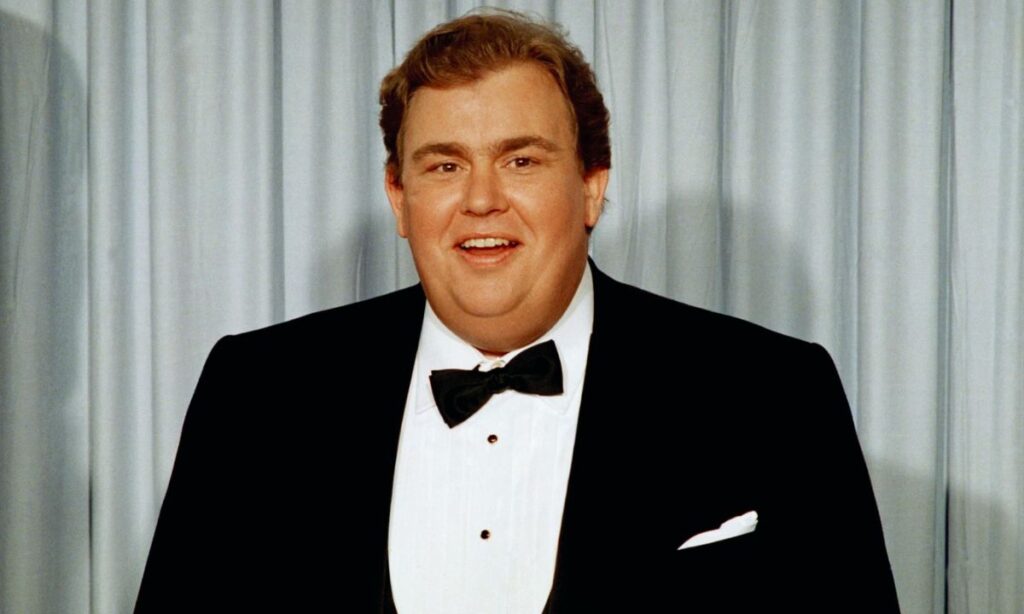
Candy’s journey to stardom began in the 1970s when he joined Toronto’s Second City comedy troupe. His work on Second City Television (SCTV) showcased his remarkable talent for character creation, earning him two Primetime Emmy Awards for Outstanding Writing in 1981 and 1982.
During his time at SCTV, he created numerous memorable characters, including Johnny LaRue and Dr. Tongue, which demonstrated his exceptional range as a comedian and earned him a dedicated following among Canadian television audiences.
Hollywood Success and Breakthrough Roles
His breakthrough role came in the 1984 romantic comedy “Splash,” where he played Tom Hanks’ womanizing brother. This performance opened doors to larger opportunities and established Candy as a leading figure in comedy films.
Throughout the 1980s, he appeared in numerous successful productions, demonstrating his versatility as an actor. His role in “Stripes” (1981) alongside Bill Murray showed his ability to hold his own against established comedy stars.
The John Hughes Era and Career Peak
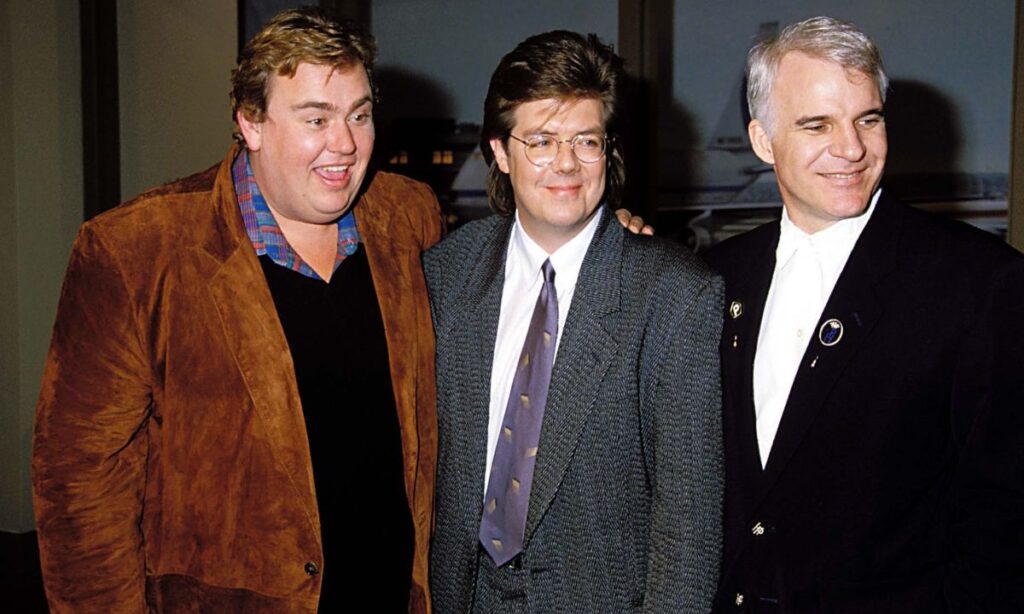
One of the most significant chapters in Candy’s career was his collaboration with director John Hughes. Their partnership produced several classic films, including “Planes, Trains & Automobiles” (1987) alongside Steve Martin, and “Uncle Buck” (1989).
These roles showcased Candy’s ability to blend humor with genuine emotional depth, earning him critical acclaim and expanding his fan base. His chemistry with Hughes led to multiple collaborations that would define the peak of his career and establish him as a leading comedic actor of his generation.
Iconic Film Performances and Box Office Success
Throughout his career, Candy appeared in over 40 feature films, each showcasing his unique comedic timing and charismatic screen presence. His role in “Cool Runnings” (1993) demonstrated his ability to carry a film while sharing the spotlight with younger actors.
His performance in “Spaceballs” (1987) as Barf showed his willingness to take on unconventional roles, while his work in “The Great Outdoors” (1988) cemented his status as a reliable box office draw.
Voice Acting and Animation Work
Less well-known but equally important was Candy’s work in animation and voice acting. He lent his distinctive voice to several animated projects, including “Heavy Metal” (1981) and his animated series “Camp Candy” (1989-1991).
These projects allowed him to reach younger audiences and showcase his versatility as an entertainer, proving that his talent extended beyond live-action performances.
Business Ventures and Sports Ownership
Outside of his acting career, Candy demonstrated his business acumen by becoming a co-owner of the Toronto Argonauts of the Canadian Football League. Under his partial ownership, the team achieved success, winning the Grey Cup in 1991.
This venture showcased his commitment to his Canadian roots and his ability to succeed beyond the entertainment industry. His involvement with the Argonauts also highlighted his ongoing connection to his hometown and his desire to give back to the community that supported his early career.
Personal Life and Family Relationships
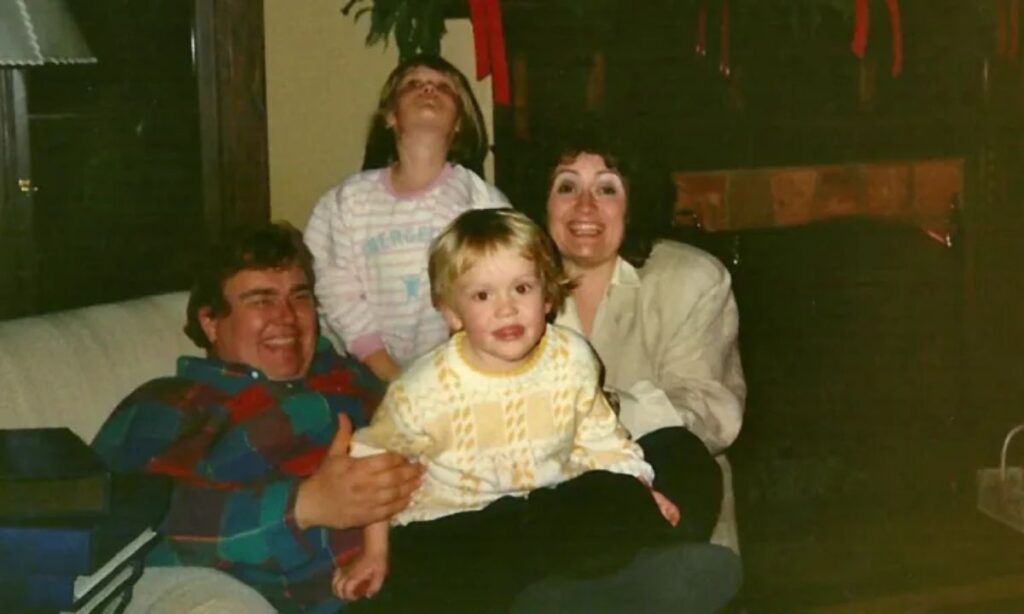
Candy married Rosemary Hobor in 1979, and together they had two children: Jennifer (born 1980) and Christopher (born 1984). His role as a father brought out a different side of his personality, and he worked to balance his demanding career with family life.
Despite his professional success, he faced personal struggles, including battles with weight, anxiety, and panic attacks. His family history of heart disease and lifestyle factors, including smoking and occasional alcohol use, contributed to ongoing health concerns.
Health Struggles and Career Impact
Throughout his career, Candy struggled with weight-related health issues. These challenges affected both his personal life and his career choices, though he often incorporated his size into his comedic performances with self-deprecating humour.
His weight fluctuated throughout his career, and he made several attempts to improve his health, recognizing the importance of longevity for his family’s sake.
Final Projects and Untimely Death
In his final years, Candy continued to work tirelessly, appearing in films like “Canadian Bacon” and “Wagons East.” He had begun to explore directing, completing his directorial debut with the television film “Hostage for a Day” in 1994.
Tragically, on March 4, 1994, while filming in Durango, Mexico, he suffered a fatal heart attack at the age of 43. His untimely death shocked the entertainment industry and left fans worldwide mourning the loss of a genuine talent.
Awards, Honors, and Industry Recognition
Candy’s contributions to entertainment have been recognized through various honors. He was inducted into Canada’s Walk of Fame in 1998, featured on a Canadian postage stamp in 2006, and in 2020, Toronto declared October 30th as “John Candy Day” in recognition of what would have been his 70th birthday. His impact on Canadian entertainment and Hollywood comedy continues to be celebrated through these and other posthumous honors.
Frequently Asked Questions:
How much was John Candy paid for Home Alone?
John Candy was paid only $414 for his cameo in Home Alone, which he did as a favor to director John Hughes.
What was John Candy’s highest-grossing film?
Home Alone became Candy’s highest-grossing film, though he appeared in only a small role.
When did John Candy win his Emmy Awards?
Candy won two Primetime Emmy Awards for Outstanding Writing in a Variety or Music Program for SCTV Network 90 in 1981 and 1982.
Was John Candy ever nominated for an Oscar?
Despite his successful career, John Candy was never nominated for an Academy Award.
What was John Candy’s last completed film?
Canadian Bacon was Candy’s last completed film, though Wagons East was released posthumously.
Conclusion
John Candy’s impact on comedy and film extends far beyond his net worth or career achievements. His ability to bring warmth and humanity to every role, combined with his natural comedic talent, created a legacy that continues to influence entertainers and delight audiences decades after his passing.
His journey from a working-class Canadian background to Hollywood stardom, while maintaining his humility and genuine nature, serves as an inspiration to aspiring actors and comedians. Though his life was cut tragically short, John Candy’s contributions to entertainment and popular culture remain timeless, ensuring his place among comedy’s greatest performers.

My name is Ambreen , a passionate content writer and the admin of Celebritynetworld.com. I specialize in creating engaging articles about celebrities , their networth , and personal lives.
